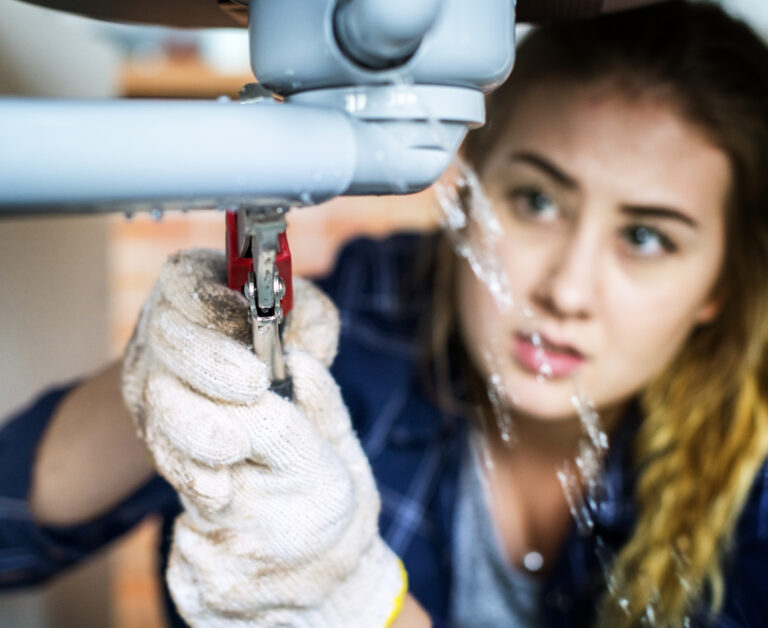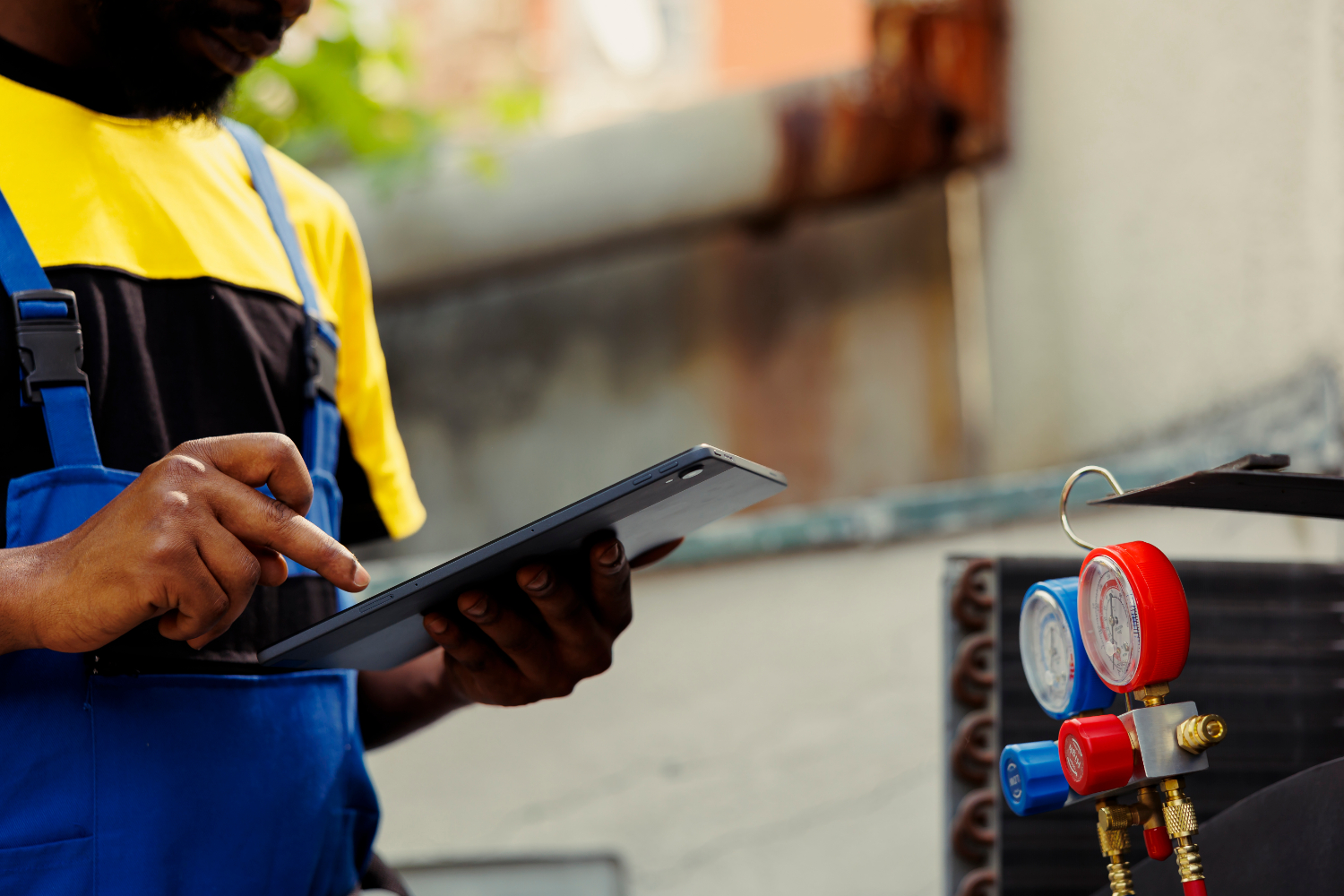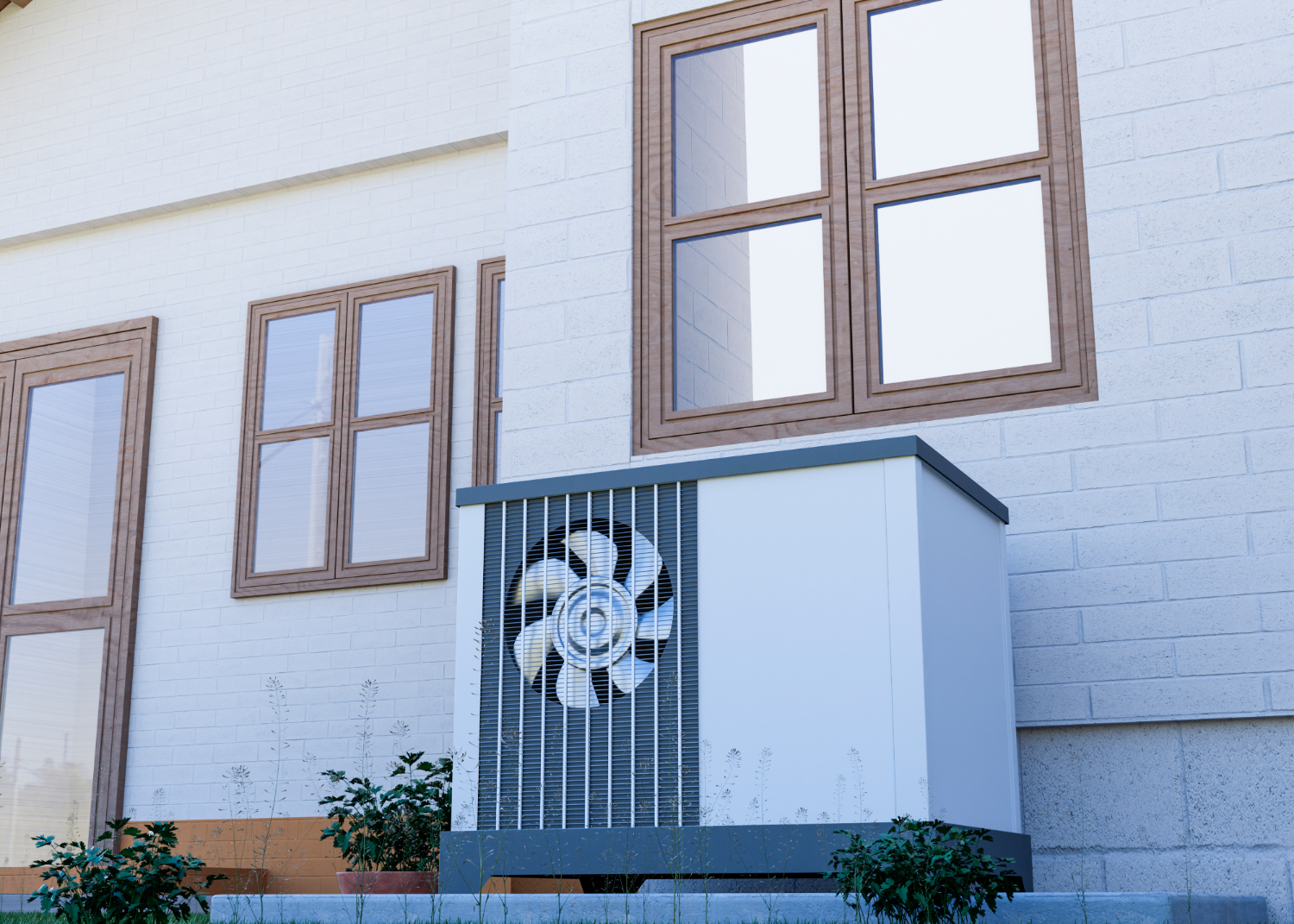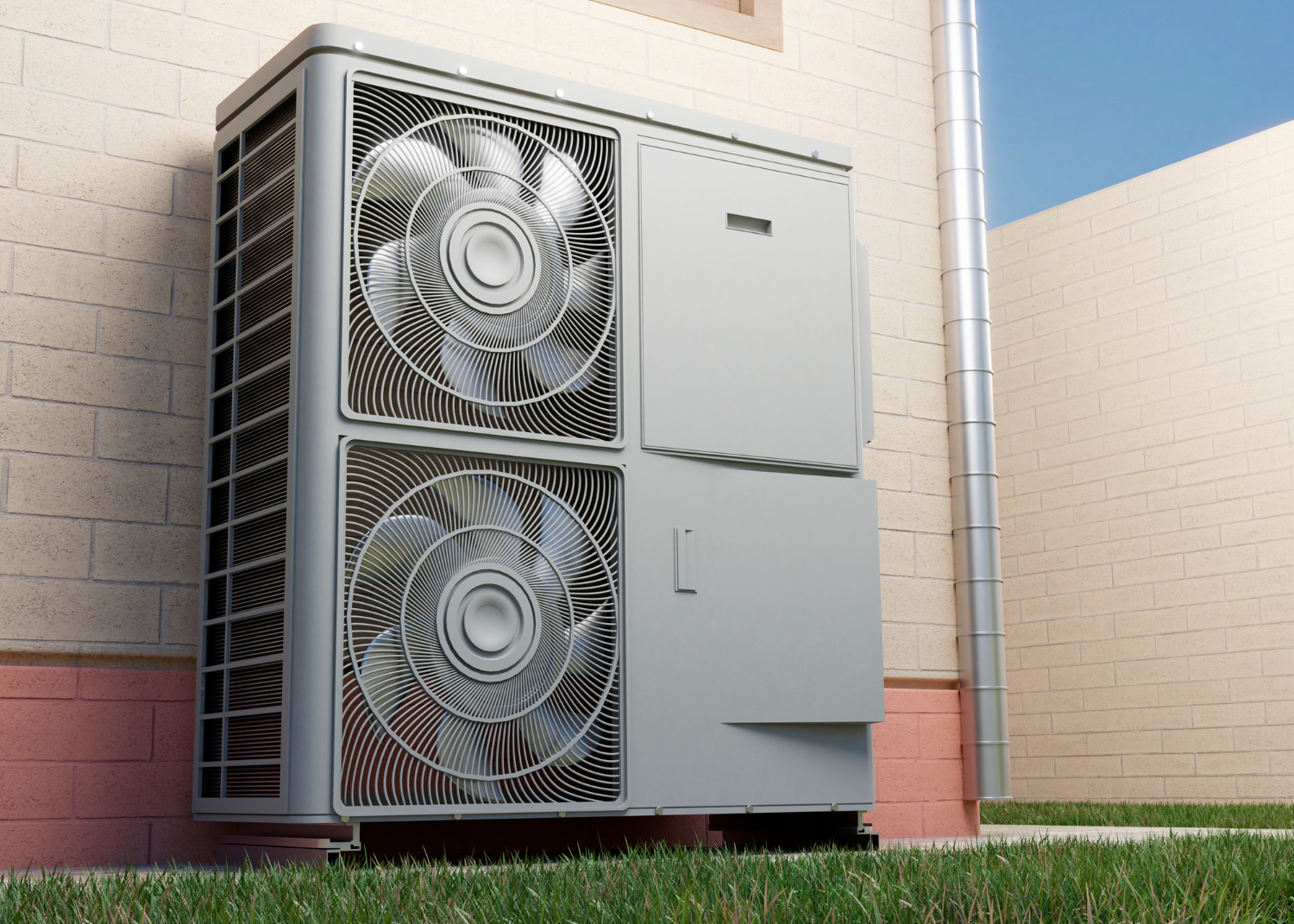Plumbing issues, no matter how minor they may seem initially, can quickly escalate into major problems that disrupt your daily life and lead to costly repairs. As a homeowner in Long Beach, California, it’s essential to be aware of the most common plumbing issues and learn how to prevent them. Power Pro Plumbing Heating & Air is dedicated to helping our clients maintain their home plumbing systems efficiently and avoid unnecessary expenditures.
In this article, we will discuss the ten most common plumbing problems that homeowners encounter and provide expert advice on how to prevent them from occurring in the future. By following these preventive measures and partnering with our trusted plumbing, you can ensure the smooth operation of your plumbing system, save money on repairs, and enjoy peace of mind in your Long Beach home.
I. Clogged Drains
One of the most common plumbing issues homeowners encounter is clogged drains. This can occur in your kitchen sink, bathroom sink, shower, or tub. The primary cause of clogs is the buildup of hair, soap scum, grease, and other debris. To prevent clogged drains, consider the following tips:
- Install drain covers to catch hair and other debris.
- Regularly clean your drain cover and remove accumulated debris.
- Avoid pouring grease or oil down your drains; instead, dispose of them in a separate container.
- Flush your sinks and showers with hot water once a week to help dislodge buildup.
II. Dripping Faucets
Dripping faucets are not only annoying but also wasteful, as they lead to increased water bills. Worn-out washers, corroded valve seats, or worn-out faucet components are common causes. To prevent dripping faucets, follow these tips:
- Regularly inspect your faucets for leaks or damage.
- Replace old, worn-out, or damaged faucet components.
- Ensure that faucets are tightened properly to avoid loosening over time.
III. Low Water Pressure
Low water pressure can make showers less enjoyable and washing dishes more time-consuming. Mineral deposit buildup, corroded pipes, and water leaks can all contribute to this issue. Here are some preventive measures to maintain optimal water pressure:
- Install a water softener to help minimize mineral buildup.
- Inspect your pipes for leaks or corrosion periodically, and replace any damaged sections.
- Regularly clean your faucet aerators and showerheads to remove buildup and maintain water flow.
IV. Running Toilets
A constantly running toilet can lead to higher water bills and wasted water. Worn-out flapper valves, improperly adjusted float, or damaged fill valves are common culprits. Prevent running toilets with these tips:
- Regularly inspect your toilet’s internal components for wear or damage.
- Adjust the float to ensure it is at the correct height, so the tank does not overfill.
- Replace worn-out or damaged components such as the flapper valve and fill valve.
V. Leaky Pipes
Leaky pipes can cause significant water damage and mold growth if left unchecked. Corrosion, damaged pipe joints, and excessive water pressure can contribute to this issue. Here’s how to prevent pipe leaks:
- Regularly inspect your pipes for signs of leaks or damage.
- Adjust your water pressure to a safe level, avoiding excessive pressure that can stress your pipes.
- Insulate your pipes during winter months to prevent freezing and bursting.
VI. Water Heater Issues
Lack of hot water, discoloration, or a strange smell coming from your hot water can signal water heater issues. Sediment buildup, corroded heating elements, and loose electrical connections may be to blame. Keep your water heater operating efficiently by following these preventive measures:
- Regularly inspect your water heater for leaks, loose connections, and strange noises.
- Schedule annual professional maintenance to flush the tank and check other components.
- Adjust your water heater’s temperature to a safe and energy-efficient setting.
VII. Garbage Disposal Problems
Improper use, hard objects, or clogs can cause garbage disposal problems. When the disposal fails to work efficiently or jams frequently, consider these prevention tips:
- Always run cold water while using the disposal and avoid disposing of large amounts of food at once.
- Do not dispose of hard or fibrous foods, such as chicken bones or corn husks.
- Regularly clean and maintain your garbage disposal according to the manufacturer’s guidelines.
VIII. Sewer Line Issues
Sewer line issues can lead to unpleasant odors, slow drains, and even raw sewage backups. Tree roots, debris buildup, and improperly disposed-of materials can cause these problems. To minimize the risk of sewer line issues:
- Schedule regular sewer line inspections and maintenance by our professionals.
- Avoid planting trees near your sewer line, as roots can grow into and damage the pipes.
- Dispose of grease, oils, and bulky waste materials properly, rather than putting them down your drains.
IX. Toilet Clogs
Toilet clogs can be a messy and inconvenient problem. Excessive amounts of toilet paper, sanitary products, or foreign objects flushed down the toilet are common causes. Prevent toilet clogs with these tips:
- Dispose of sanitary products and non-flushable items in a trash can.
- Educate your household members on proper toilet usage, emphasizing not to flush large amounts of paper or other items.
- Keep a plunger on hand for minor clogs, and contact our professionals for more significant clogs.
X. Sump Pump Failures
Sump pump failures can result in basement flooding and water damage. Power outages, improper installation, or lack of maintenance are typical issues. To prevent sump pump failures:
- Schedule routine sump pump maintenance to check for proper operation.
- Ensure your sump pump is correctly installed, with a battery backup for power outages.
- Regularly test your sump pump by pouring water into the sump pit and verifying that the pump is activating and removing the water.
In Conclusion: Protect Your Long Beach Home from Plumbing Problems
As a homeowner, understanding common plumbing issues and taking proactive steps to prevent them can save you time, money, and stress. By implementing the preventive measures discussed above, you can help maintain the efficient operation of your plumbing system and avoid major problems. However, despite your efforts, plumbing problems may arise from time to time. When they do, it’s essential to address them promptly to minimize damage and maintain your home’s comfort and safety. Trust our team at Power Pro Plumbing Heating & Air for all your plumbing needs in Long Beach. Our experienced and knowledgeable professionals are ready to tackle any plumbing issue, providing you with fast, reliable, and cost-effective solutions. Don’t let minor plumbing problems escalate into costly disasters. Contact our plumbers in La Mirada today to schedule your plumbing service, and let us help you keep your home’s plumbing system in optimum condition.










